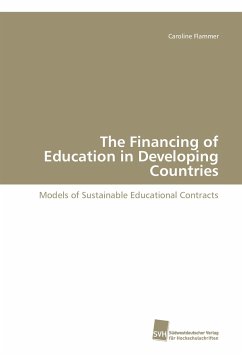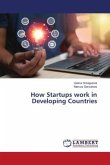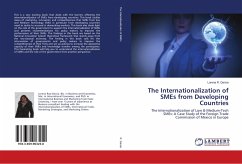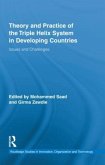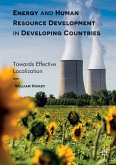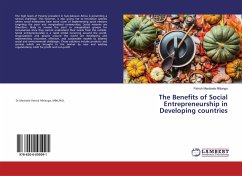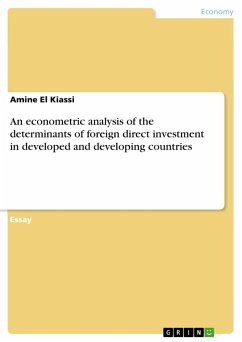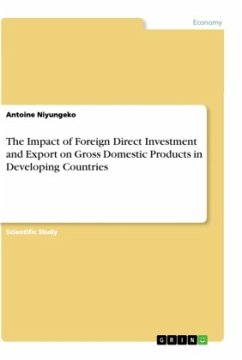A profound problem of many developing countries is that access to education as well as legal enforceability of contracts are both limited. The author, Caroline Flammer, addresses both issues. She introduces two financing schemes for the funding of early as well as higher education and designs contracts which are self-enforcing. These contracts promise to improve access to education without discriminating against children from underprivileged backgrounds. The first model studies the problem of financing a child's primary education when the parent is faced with credit constraints and contracting with minors is not possible. The second model uses human capital contracts for the financing of higher education in developing countries. In both models, the self-enforcement of contracts is guaranteed by creating an interlinkage between the market for education financing and the market for microcredits. The author also analyzes the impact of increased mobility and anonymity in developing societies on the optimal contract designs.
